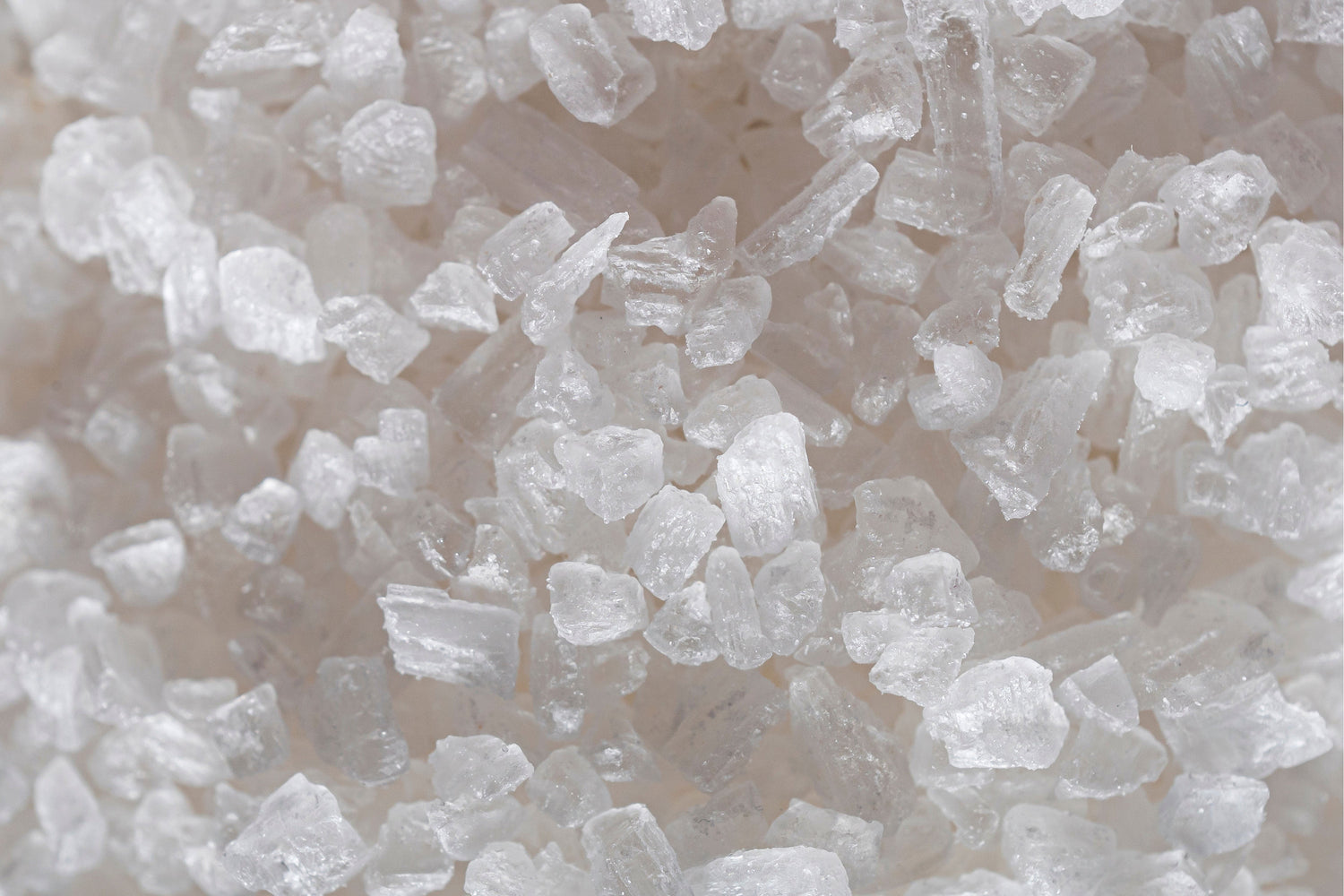Ashley Summers, a 35-year-old Indiana mother of two, tragically died from water toxicity while on a family vacation at Lake Freeman near Monticello over the July 4th weekend in 2023. Ashley had reportedly consumed a large amount of water in a short span of time, leading to brain swelling and hospitalization. She had passed out and was rushed to the hospital, but she never regained consciousness and ultimately succumbed to water toxicity. The incident highlighted the dangers of excessive water consumption, leading to a condition known as hyponatremia, where low sodium levels in the blood cause cells to swell and can result in serious health issues. Summers' family emphasized the importance of drinking water in moderation and mentioned her act of organ donation to save other lives.
Introduction:
Electrolytes are important minerals that help our bodies function well. One of these minerals, sodium, helps balance fluids in and around cells. When electrolytes get out of balance, it can lead to a problem called hyponatremia. In this article, we'll talk about how getting enough electrolytes can help prevent hyponatremia, what causes it, its signs, and how to avoid it.
Understanding Hyponatremia:
Hyponatremia happens when the amount of sodium in our blood gets too low (normal range is 135-145 mEq/L). This can mess up how fluids move in and out of cells, which can be very dangerous. Hyponatremia has different levels: mild, moderate, and severe, depending on how little sodium there is.
Causes of Hyponatremia:
- Drinking Too Much: Having too much water or fluids without enough electrolytes can lower sodium levels.
- Some Medicines: Certain medicines, like diuretics and certain antidepressants, can mess up how sodium is balanced in the body.
- Health Problems: Heart failure, kidney issues, and a hormone problem called SIADH can cause hyponatremia.
- Hard Exercise: Doing tough physical activities for a long time, like running a marathon, can make you lose too much sodium through sweat.
- Hormone Imbalance: Hormones like aldosterone and antidiuretic hormone help control sodium levels. When these hormones get mixed up, it can lead to hyponatremia.
Signs of Hyponatremia:
- Mild Hyponatremia: Feeling sick, headaches, tiredness, and muscle cramps.
- Moderate Hyponatremia: Feeling confused, irritable, throwing up, and being restless.
- Severe Hyponatremia: Having seizures, passing out, very weak muscles, falling into coma, and death.
Preventing Hyponatremia with Electrolytes:
- Drink Smart: Instead of drinking lots of plain water, try drinks with electrolytes, like sports drinks or rehydration solutions.
- Eat Right: Eat foods with sodium and other electrolytes, like bananas (potassium), leafy greens (magnesium), and dairy (calcium).
- Supplements: Ask a doctor before taking electrolyte supplements, especially if you do a lot of exercise.
- Watch Medicines: If you take medicines that affect sodium, talk to your doctor about the risks and how to balance electrolytes.
- Get Help: In severe cases, a doctor might need to help by giving you fluids through a vein.
Tips to Stay Safe:
- Know Your Fluids: Understand how much you need to drink based on what you do, where you are, and your health.
- Listen to Your Body: Pay attention to when you're thirsty and don't overdrink, especially during hard exercise.
- Go Slow: If you're doing intense activities, drink and eat electrolytes slowly to replace what you lose.
- Check with a Doctor: Regular check-ups can catch electrolyte problems early and help you stay healthy.
Conclusion:
Electrolytes are important for preventing hyponatremia, a serious condition caused by low sodium levels. By staying balanced with your fluids, adjusting what you eat, and being careful with medicines and health issues, you can keep your electrolytes in check. Remember, everyone's needs are different, so talk to a doctor before making big changes to your diet or supplements. Understanding how electrolytes work can help you stay safe from hyponatremia and keep your body healthy.
References
- Mayo Clinic - Hyponatremia (Low Sodium): https://www.mayoclinic.org/diseases-conditions/hyponatremia/symptoms-causes/syc-20373711
- MedlinePlus - Electrolytes: https://medlineplus.gov/fluidandelectrolytebalance.html
- Harvard Health Publishing - Sodium: How to tame your salt habit: https://www.health.harvard.edu/staying-healthy/sodium-how-to-tame-your-salt-habit
- National Kidney Foundation - Hyponatremia: https://www.kidney.org/atoz/content/hyponatremia
- Cleveland Clinic - Hyponatremia: https://my.clevelandclinic.org/health/diseases/15804-hyponatremia
- Merck Manual - Hyponatremia: https://www.merckmanuals.com/professional/endocrine-and-metabolic-disorders/electrolyte-disorders/hyponatremia
- American Heart Association - Hyponatremia (Low Blood Sodium): https://www.heart.org/en/health-topics/heart-failure/what-is-heart-failure/hyponatremia-low-blood-sodium
- UpToDate - Hyponatremia in adults: Clinical manifestations, evaluation, and diagnosis: https://www.uptodate.com/contents/hyponatremia-in-adults-clinical-manifestations-evaluation-and-diagnosis
- https://www.foxnews.com/us/indiana-mom-dies-drinking-too-much-water-family-vacation



Leave a comment
All comments are moderated before being published.
This site is protected by hCaptcha and the hCaptcha Privacy Policy and Terms of Service apply.